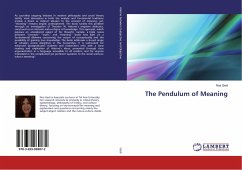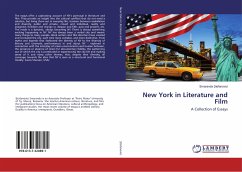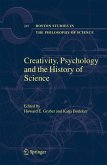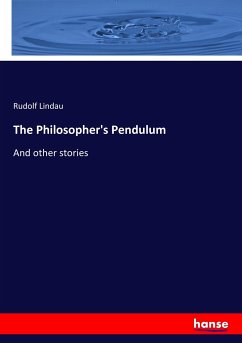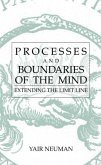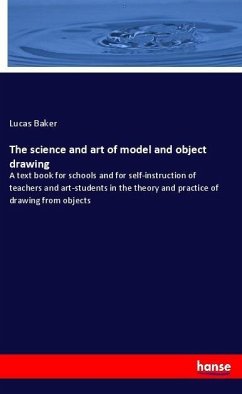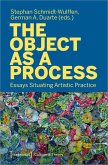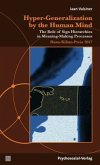As countless ongoing debates in modern philosophy and social theory testify, most discussions in both the analytic and Continental traditions involve a direct or indirect allusion to the concept of meaning; yet, "meaning" remains largely undeciphered. The book tackles this problem through an investigation of Theodor W. Adorno's negative dialectics, construed as an intricate meta-critique of knowledge. This appraisal, which exposes an unexplored aspect of his thought, namely, a triple nexus between "concept," "truth," and "meaning," sheds new light on a fundamental dilemma concerning the nature of conceptuality and the possibility of gaining true knowledge. The book addresses a broad range of scholars across disciplines in the humanities. It is well-suited for advanced (postgraduate) students and researchers who seek a close reading and explication of Adorno's ideas, presented through clear argumentation in a language accessible to all readers, and for anyone interested in the complicated yet pertinent question to the social sciences: what is meaning?
Bitte wählen Sie Ihr Anliegen aus.
Rechnungen
Retourenschein anfordern
Bestellstatus
Storno

